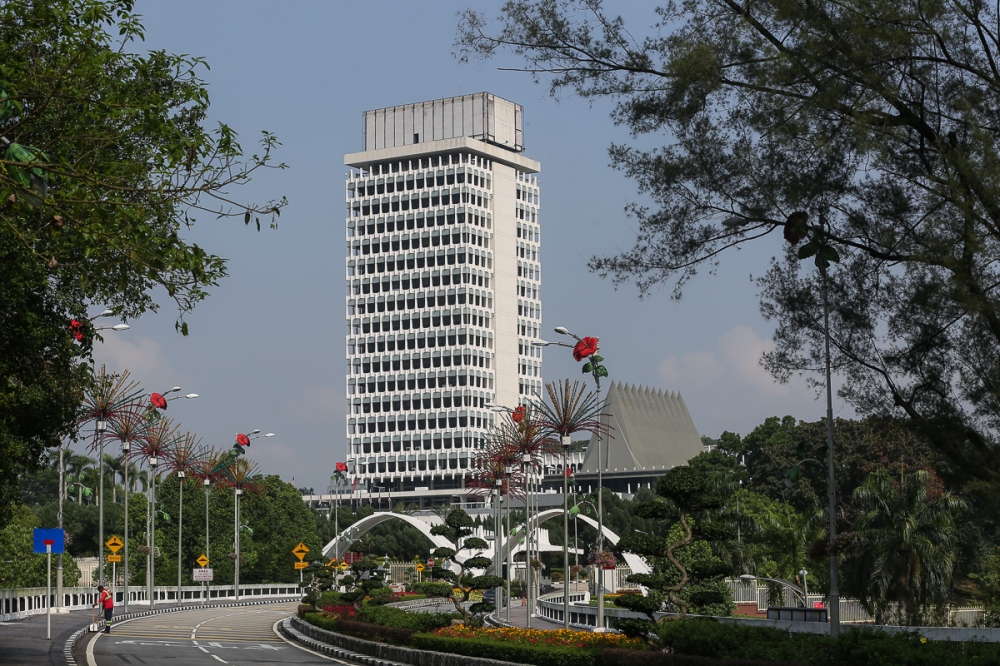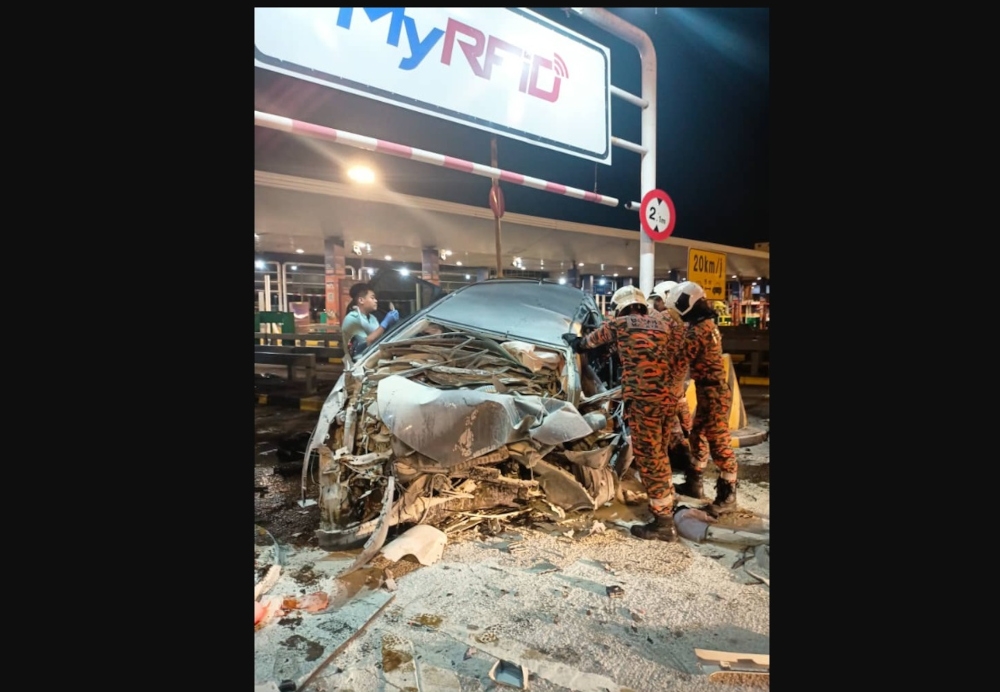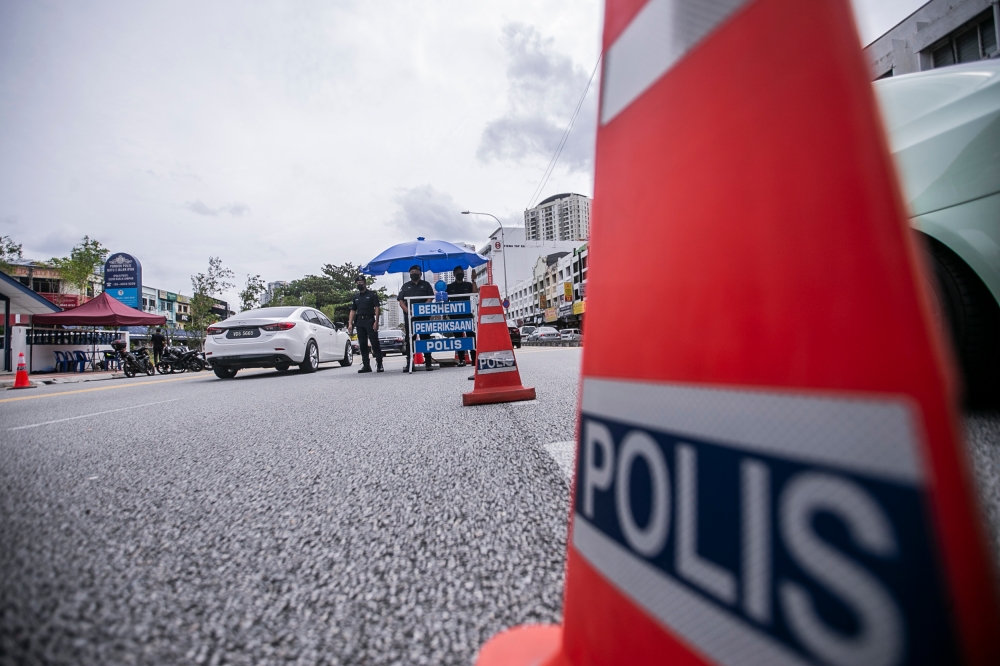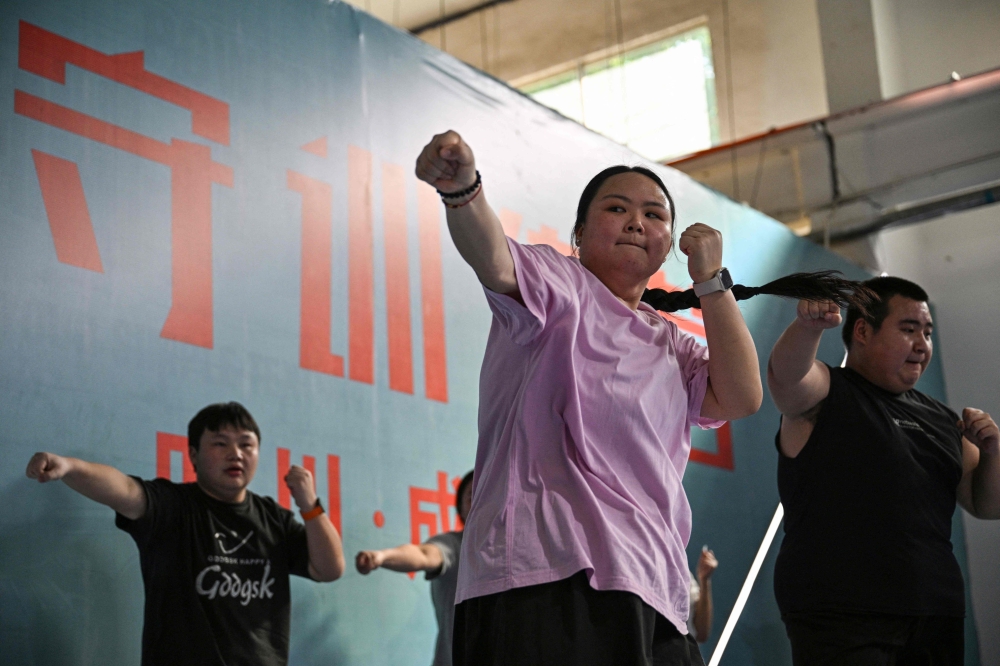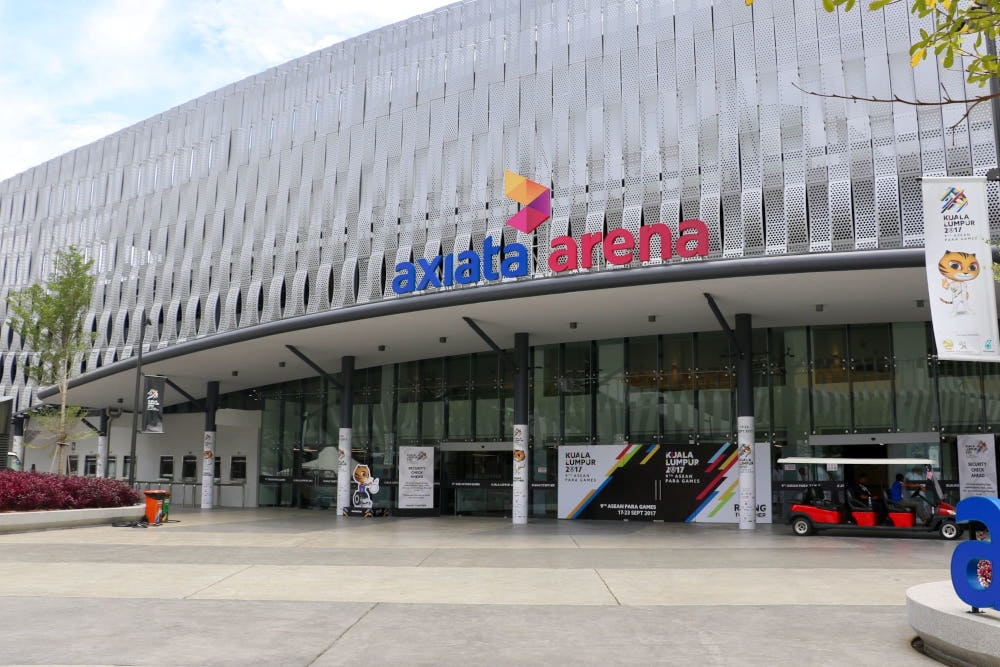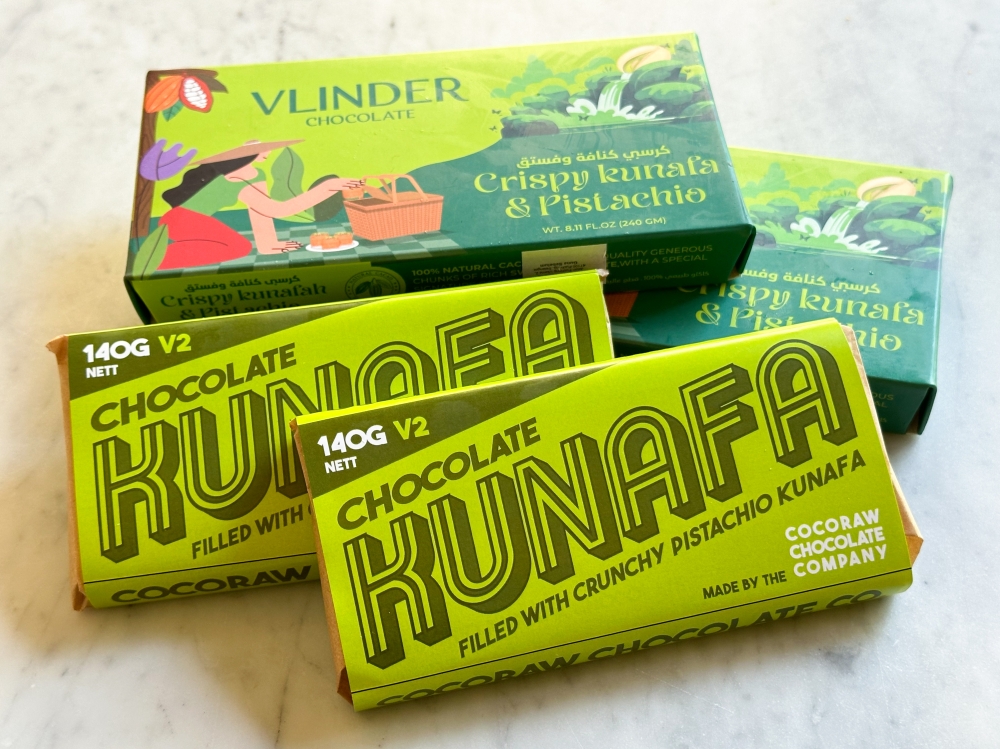NEW YORK, April 7 — When it comes to fighting food waste, all ideas are welcome. One concept gaining ground in the cheese-making sector involves transforming liquid whey into a strong alcoholic drink. Here’s how it works.
Have you ever heard of whey? This liquid deposit resulting from the coagulation of milk often ends up being discarded in the cheese-making process. And in astronomical quantities, considering that the annual production of cheese products worldwide is estimated to be more than 20 million tonnes, according to the United States Department of Agriculture.
According to a US study, published in 2018, by researchers at Oregon State University, up to 90 per cent of the milk that enters a cheese-making factory is turned into whey. This can be costly to dispose of in landfills and potentially hazardous to the environment.
And while large companies in the industry can afford the equipment to process some of this whey into protein powders and other nutritional products, the equipment is too costly for most small-scale artisanal creameries, the researchers point out.
However, several innovative initiatives to limit this kind of waste from the dairy industry have emerged in recent years. The California-based distillery Wheyward Spirit, for example, is turning whey into a kind of vodka. This is achieved by recovering the lactose sugar present in the whey, then fermenting it into alcohol.
This is a simple and efficient technique to recycle cheese-making leftovers, which also requires less water during distillation, since whey is mainly composed of water (as well as sugars, proteins, vitamins and minerals).
Wheyward Spirit is not the only company to have embarked on this zero-waste technique. Several independent producers around the world have also started making distilled alcohol from whey. For example, the Dufour family based in Charlevoix, Quebec, produces bottles of gin and vodka from the whey produced by the family’s cheese business.
Other producers are using this whey to make new cheeses! Such is the case of cheese-makers Takamaka, based on Reunion Island, and specializing in the production of goats’ cheese. Last fall, the company launched a crowdfunding campaign to equip itself with a pasteurisation tank in order to transform whey into ricotta cheese. — ETX Studio


